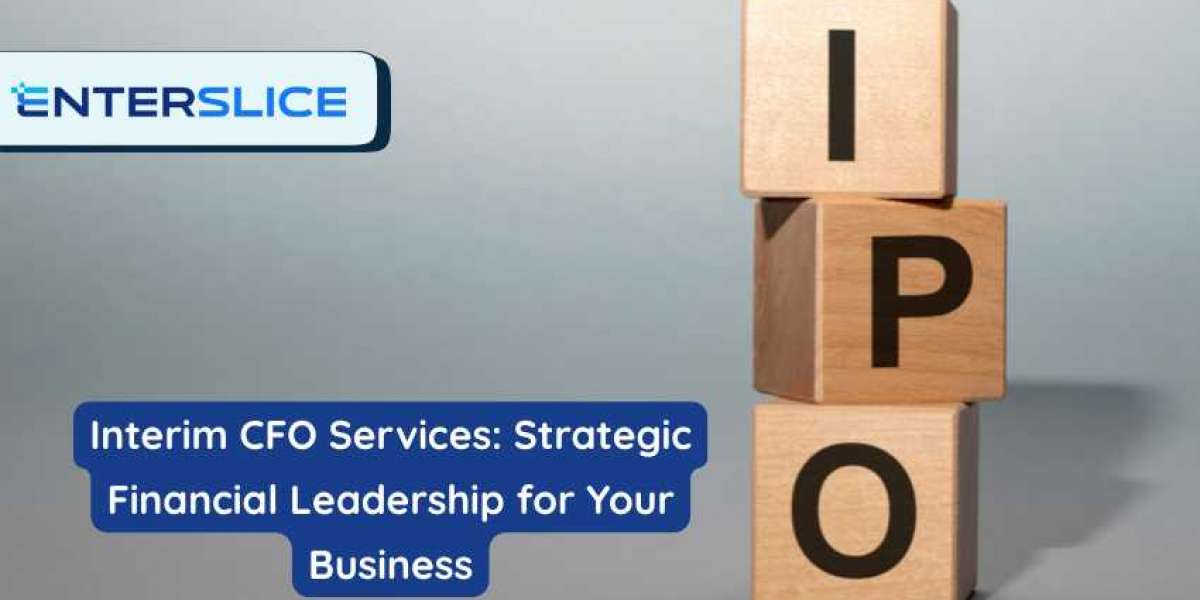Taking a company public is one of the most ambitious milestones in a business journey. The process, however, is not just about ringing the bell on the stock exchange—it’s a detailed, highly regulated, and strategic transformation. This is where IPO support consulting plays a vital role, guiding businesses through every phase of the Initial Public Offering process with precision and confidence.
Understanding IPO Support Consulting
IPO support consulting involves professional guidance offered by financial and legal experts who specialize in helping private companies transition into public entities. These consultants assist in planning, compliance, financial restructuring, valuation, and stakeholder communication to ensure the company meets all the necessary regulatory and market standards before listing on the stock exchange.
In simple terms, IPO consultants make the process smoother by bridging the gap between a company’s internal teams and regulatory bodies such as SEBI, the Registrar of Companies, and the stock exchanges.
Why Businesses Need IPO Support Consulting
For many founders, the IPO process can be overwhelming. The number of legal formalities, documentation requirements, and compliance procedures can easily delay or derail the journey. IPO support consulting helps businesses overcome these challenges through structured planning and expert supervision.
Here are some key reasons why hiring IPO consultants is crucial:
1. Regulatory Compliance
IPO consultants ensure that all documentation, disclosures, and reports are prepared according to SEBI guidelines. They help in drafting the prospectus, managing due diligence, and coordinating with auditors, lawyers, and underwriters.
2. Financial Readiness
Preparing for an IPO requires transparent financial records and strong governance practices. Consulting firms assist in restructuring financial statements, ensuring accounting consistency, and aligning financial policies with public market standards.
3. Strategic Planning
A successful IPO is built on strong strategic groundwork. Consultants help businesses determine the right valuation, timing, and market positioning to attract investors. They also guide the management team on investor presentations, communication strategies, and post-listing responsibilities.
4. Risk Management
IPO support consultants identify potential risks early in the process—be it financial, legal, or operational. With this insight, companies can mitigate issues before they impact valuation or investor trust.
The Process of IPO Support Consulting
The IPO journey is divided into several critical stages, and consultants play a role in each of them.
Stage 1: Pre-IPO Assessment
Consultants conduct a readiness assessment to evaluate the company’s compliance, financial health, and governance standards. This stage identifies gaps that must be addressed before initiating the IPO filing process.
Stage 2: Structuring and Documentation
Once the company is deemed ready, consultants help design the IPO structure—deciding the offer type (fresh issue or offer for sale), determining the shareholding pattern, and preparing required documentation such as the Draft Red Herring Prospectus (DRHP).
Stage 3: Coordination with Regulators and Intermediaries
Consulting teams coordinate with SEBI, the stock exchanges, merchant bankers, legal advisors, and auditors. They ensure all filings are accurate and submitted within timelines.
Stage 4: Marketing and Investor Relations
A crucial part of the IPO journey is attracting potential investors. Consultants assist in preparing roadshow presentations, media strategies, and investor communication materials to generate interest and trust.
Stage 5: Post-Listing Compliance
Even after the IPO, compliance obligations continue. Consultants help ensure smooth transitions by setting up internal systems for quarterly disclosures, corporate governance practices, and investor relations management.
Benefits of Hiring IPO Support Consultants
Engaging with IPO support consulting experts provides several long-term advantages for businesses:
Efficiency: Saves time and reduces the risk of errors during filing and approvals.
Expertise: Consultants bring specialized experience in legal, financial, and market operations.
Confidence: Professional guidance boosts management’s confidence in handling complex compliance tasks.
Value Optimization: Proper planning and execution often result in better valuation and investor appeal.
Choosing the Right IPO Support Consulting Partner
Not all consulting firms are the same, and the right partner can make or break your IPO journey. When selecting an IPO consultant, consider the following factors:
Experience: Look for firms with a proven track record of handling IPOs in your sector.
Team Strength: Ensure the consulting team includes financial experts, legal advisors, and regulatory specialists.
Client References: Check past client feedback or case studies for insight into their work quality.
Transparency: Choose a consultant who communicates openly about timelines, costs, and deliverables.
Common Challenges Faced During IPOs
Even with expert consultants, companies may encounter challenges such as regulatory delays, fluctuating market conditions, or valuation mismatches. What makes a good consulting firm stand out is its ability to adapt, provide contingency strategies, and maintain clear communication with all stakeholders throughout the process.
Conclusion
IPO support consulting is not just about documentation or compliance—it’s about shaping your company’s public identity. The right consulting partner can simplify the process, strengthen investor confidence, and ensure regulatory alignment. Whether you’re an emerging startup or an established enterprise, professional guidance during the IPO journey is an investment that pays off in stability and growth.
If your business is considering going public, now is the time to engage with experienced IPO support consultants who can turn your vision into a well-executed reality.
FAQs
1. What does IPO support consulting include?
It includes end-to-end assistance with compliance, financial restructuring, documentation, and coordination with regulators and intermediaries.
2. How long does the IPO process take?
Typically, it takes 6–12 months, depending on company readiness, regulatory reviews, and market conditions.
3. Can startups go for an IPO?
Yes, if they meet SEBI’s eligibility norms and have a strong financial and governance record.
4. Why is expert guidance essential during an IPO?
Experts help ensure compliance, reduce risks, and improve the company’s market image and valuation potential.














